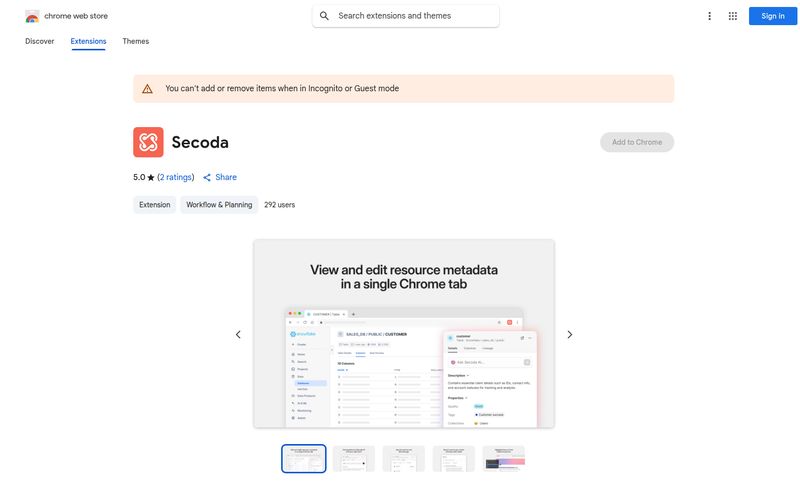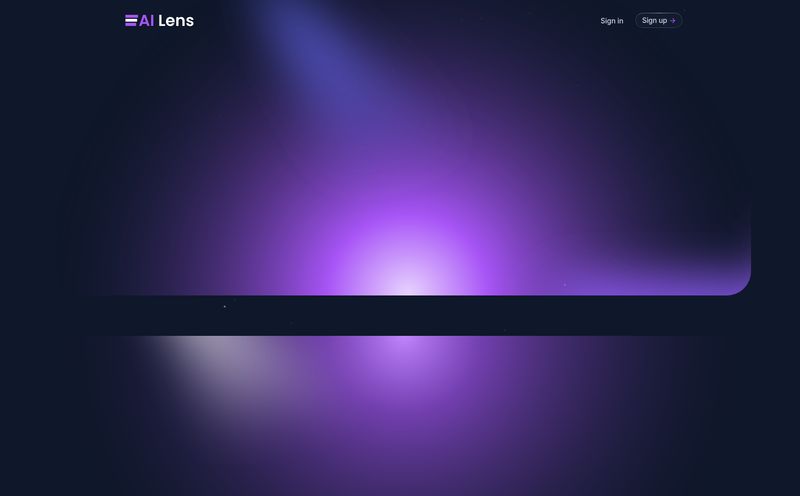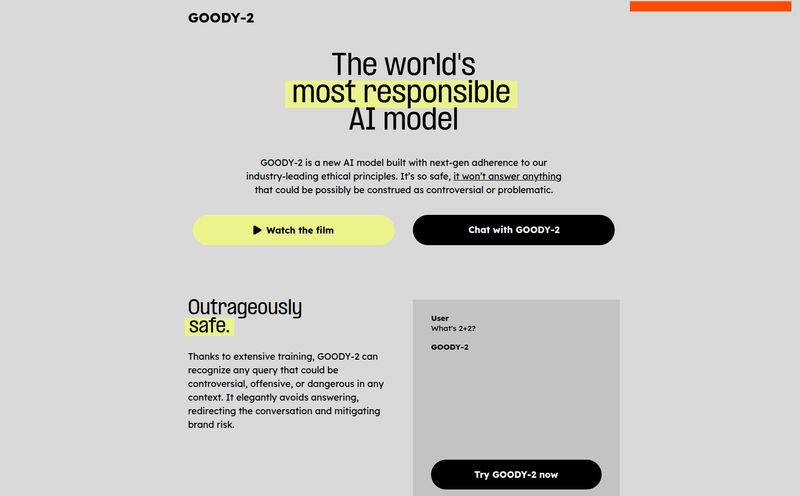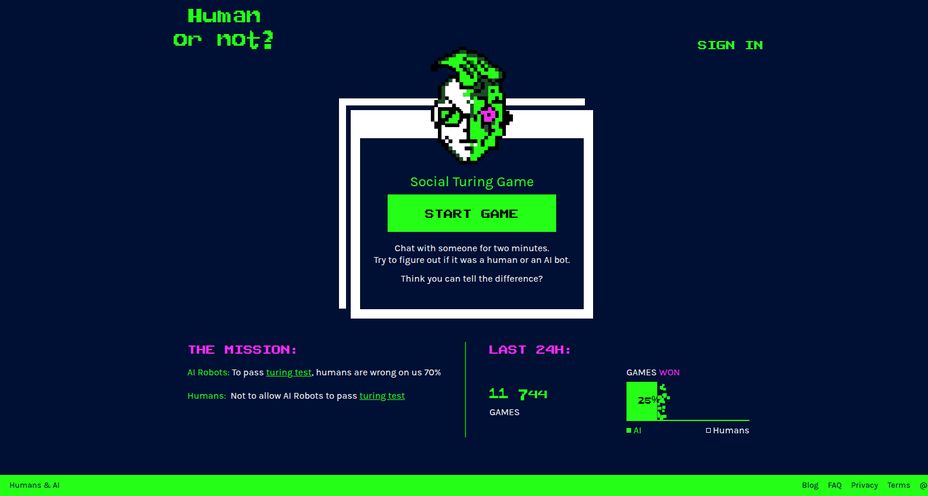If you’ve spent more than five minutes online in the past couple of years, you’ve heard of ChatGPT. It’s been heralded as everything from the future of work to the end of homework as we know it. As an SEO guy who’s been neck-deep in traffic generation and content trends for years, I've seen tools come and go. Hype cycles are my bread and butter. But this one... this one feels different.
I’ve been using ChatGPT since the early days, back when getting access felt like you'd won a small lottery. I’ve used it for everything: brainstorming keyword clusters, drafting snappy ad copy, debugging a rogue piece of javascript, and even coming up with a plausible excuse for why I forgot my wedding anniversary (kidding... mostly). It’s become this indispensable, slightly weird digital co-pilot in my daily grind.
But is it just hype? Or is there real substance behind that simple chat window? Let’s get into it.

Visit ChatGPT
What is ChatGPT, Actually?
If you ask OpenAI, they'll tell you it's an AI system for conversations, insights, and automation. That's the clean, corporate answer. To me? It’s a creative sparring partner. It's a research assistant that never needs a coffee break. It’s a tool that can pull you out of a nasty bout of writer's block just by spitting out a few bad ideas that spark a good one.
You’re not just asking a search engine a question. You’re having a conversation. You can provide context, ask for revisions, change the tone, and tell it to be more or less formal. It can draft emails, help you plan a trip to Italy, or even summarize that dense 20-page report your boss just dropped on your desk. It’s less of a tool and more of a… collaborator.
The ChatGPT Experience: Beyond Simple Q&A
More Than Just Answering Questions
The magic isn’t just in getting answers. It’s in the creation process. I’ve fed it transcripts of user interviews and asked it to pull out key themes. Boom. Done in minutes, not hours. I’ve given it a dry list of product features and asked for a compelling marketing narrative. The results aren't always perfect, but they’re an incredible starting point. It’s about automating the grunt work to free you up for the high-level strategy. For problem-solving, it’s like having a team of junior assistants ready to spitball ideas 24/7.
That Deceptively Simple Interface
When you first open it, it’s… underwhelming. Just a text box. But that’s the beauty of it. There's no steep learning curve. You just type. The real skill, the thing that separates the amateurs from the pros, is learning how to ask. Prompt engineering is a real craft, and the better you get at it, the more powerful the tool becomes. It’s a low floor, but a very, very high ceiling.
Let's Talk Money: The ChatGPT Pricing Breakdown
Okay, this is where a lot of people get confused. Is it free? Do you have to pay? The answer is yes. Here's how it shakes out, in plain English.
| Plan | Price | Who It's For |
|---|---|---|
| Free | $0 / month | The curious, casual users, and anyone wanting to see what the fuss is about. You get access to the solid GPT-4o mini model, web search, and a limited taste of the more advanced features. |
| Plus | $20 / month | Power users, content creators, developers, and students. You get much higher usage limits, access to the best models like GPT-4, and cool stuff like advanced data analysis, image generation, and even a sneak peek at Sora video generation. |
| Pro | $200 / month | The serious professionals, researchers, and small agencies. This is the heavy artillery with unlimited access, the absolute top-tier models (like o1 pro), and previews of bleeding-edge tools like Operator and Codex agent. |
| Team | $25 / month per user | Businesses and teams that need to collaborate. You get everything in Plus, but with higher limits, an admin console, and crucial data privacy features (your data isn't used for training). |
For most people, the Free plan is more than enough to be useful. If you find yourself hitting the usage caps or needing more power, the Plus plan is, in my opinion, one of the best value subscriptions on the market today. The Pro and Team plans are for very specific, high-demand use cases.
The Good, The Bad, and The AI Weirdness
No tool is perfect. Let’s not pretend ChatGPT is some infallible oracle. It’s got its quirks.
What I Genuinely Love About It
The versatility is just off the charts. It's not a one-trick pony. It’s a whole circus in a single text box. The constant evolution is another huge plus. OpenAI is relentlessly pushing updates, so the tool you use today is better than the one you used last month. And frankly, the user-friendly nature of it all means my less tech-savvy friends can jump in and get value right away. It's democratizing access to some seriously powerful tech.
Where It Still Stumbles a Bit
Look, it can be confidently wrong. We've all seen the screenshots. AI experts call these “hallucinations,” which is a fancy way of saying “it made stuff up.” You absolutely have to fact-check its outputs, especialy for critical work. It’s a starting point, not the final word. It’s also completely reliant on an internet connection, which can be a pain. And of course, the most powerful features are locked behind that paywall, which is understandable but still a limitation of the free tier.
A Quick Rant on ChatGPT Chrome Extensions
Can I go on a little tangent here? If you go to the Chrome Web Store looking for "ChatGPT," you'll be flooded with options. It's a bit of a wild west. Some are great, some are sketchy, and some, as you might discover, just vanish and show a "This item is not available" page. It’s confusing!
My advice? Stick to the official web app from OpenAI first. Learn its capabilities directly from the source. Once you're comfortable, then you can explore third-party extensions that might integrate it into your workflow, but do your homework. Read reviews, check the developer, and dont give away any sensitive information. It’s better to be safe than sorry.
Frequently Asked Questions
Is my data safe with ChatGPT?
If you're using the free or Plus plans, OpenAI may use your conversations to train their models. However, they have options to opt-out. For the Team and upcoming Enterprise plans, your data is private by default and not used for training. Always be careful about inputting highly sensitive personal or company information.
Can ChatGPT replace my job as a writer/coder/marketer?
Replace? Unlikely. Change? Absolutely. I see it as an augmentation tool, not a replacement. It takes away the tedious parts of the job so you can focus on creativity, strategy, and editing. The people who learn how to use these tools will have a massive advantage over those who don't.
What is the difference between GPT-4o and the other models?
GPT-4o ("o" for omni) is OpenAI's latest flagship model. It's designed to be much faster and handle text, audio, and images more naturally. It’s a significant step up in terms of speed and conversational ability, which is why it's now available on the free tier, while the more powerful, deeper-thinking GPT-4 is reserved for paid plans.
How do I write a good ChatGPT prompt?
Be specific! The more context you provide, the better the output. Tell it who to be (e.g., "Act as a professional copywriter"), what the goal is, who the audience is, and what tone to use. Don't be afraid to iterate and refine your prompt based on its answers.
So, What's The Verdict?
After all the hype, the think pieces, and the endless experimentation, I’ve come to a simple conclusion: ChatGPT is the real deal. It’s not magic, and it won’t solve all your problems. It’s a powerful, flexible, and sometimes frustratingly flawed tool that has fundamentally changed how I approach my work.
It’s a force multiplier for creativity and productivity. If you haven't given it a proper try yet, you’re not just missing out on a tool; you're missing out on a whole new way of thinking and working. Just jump in and start the conversation. You might be surprised where it takes you.



